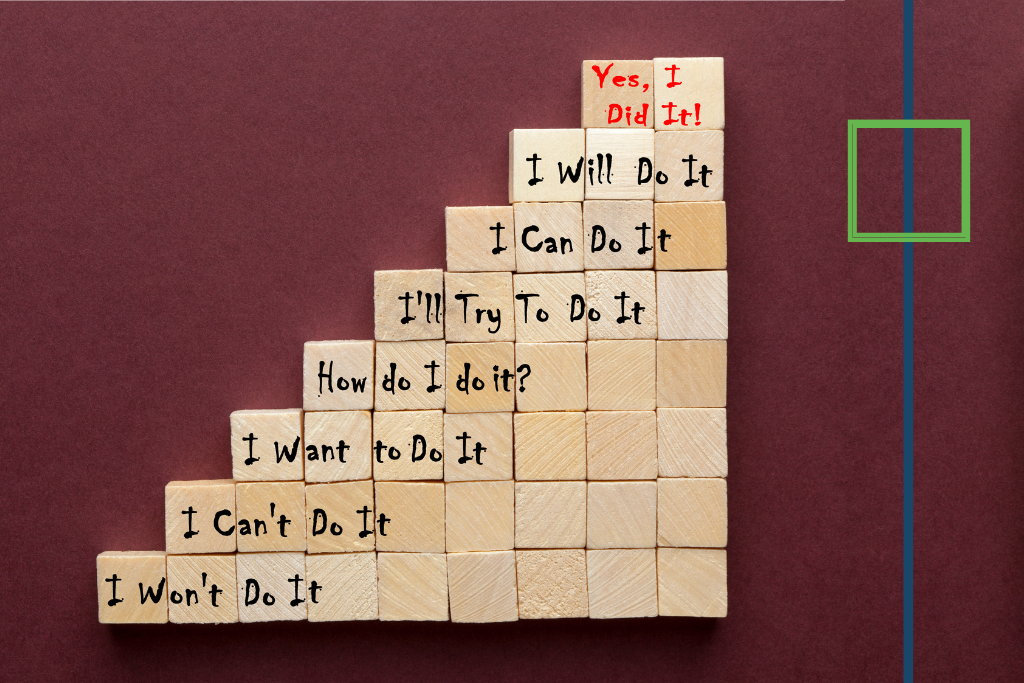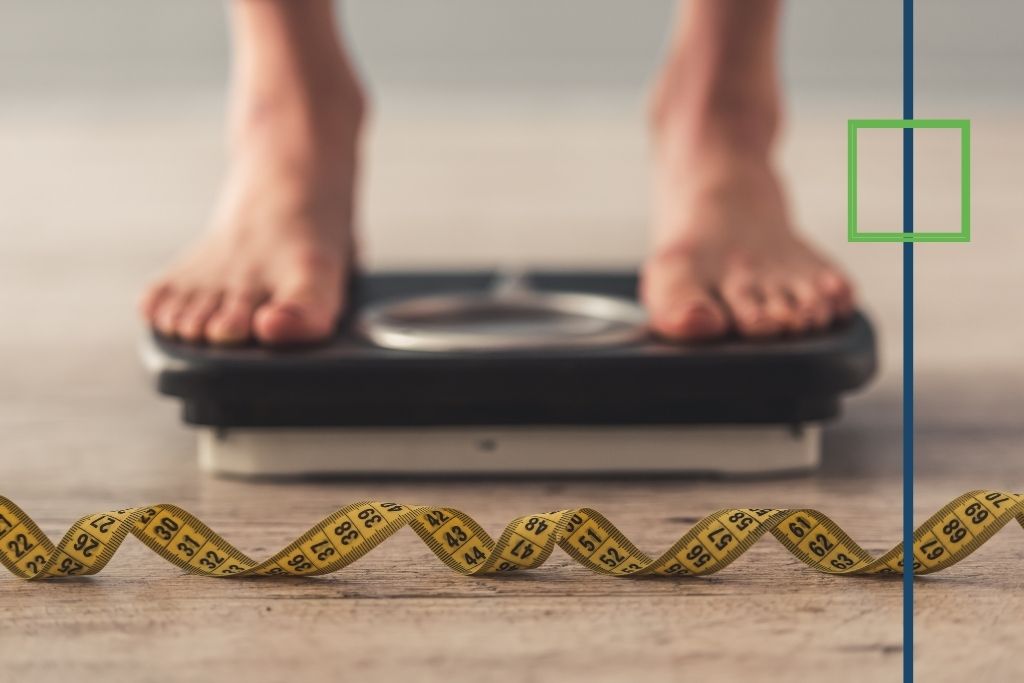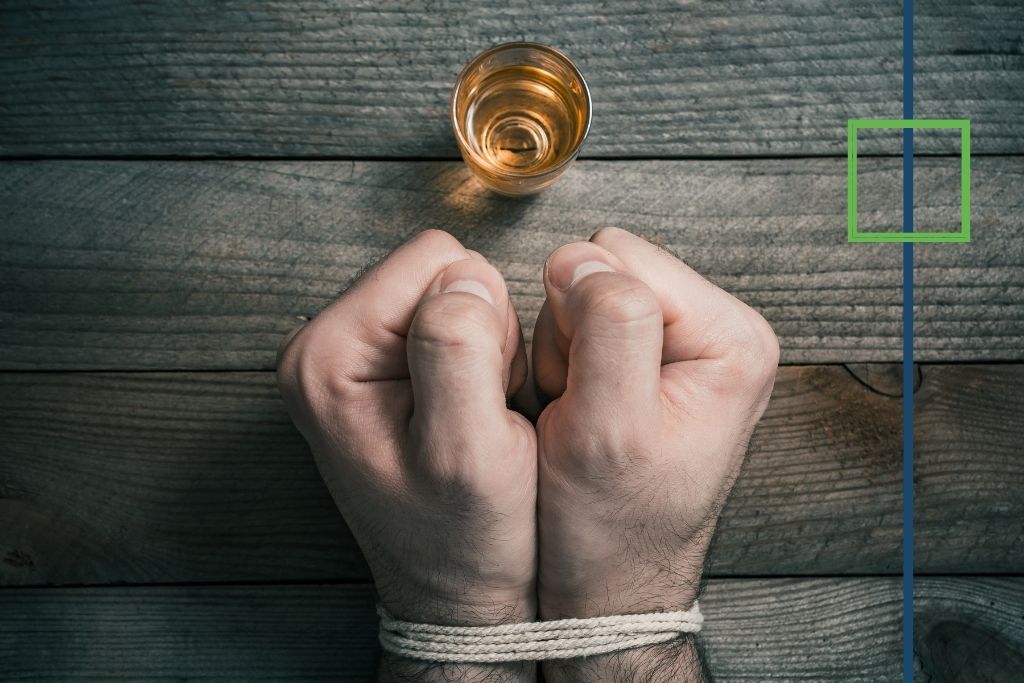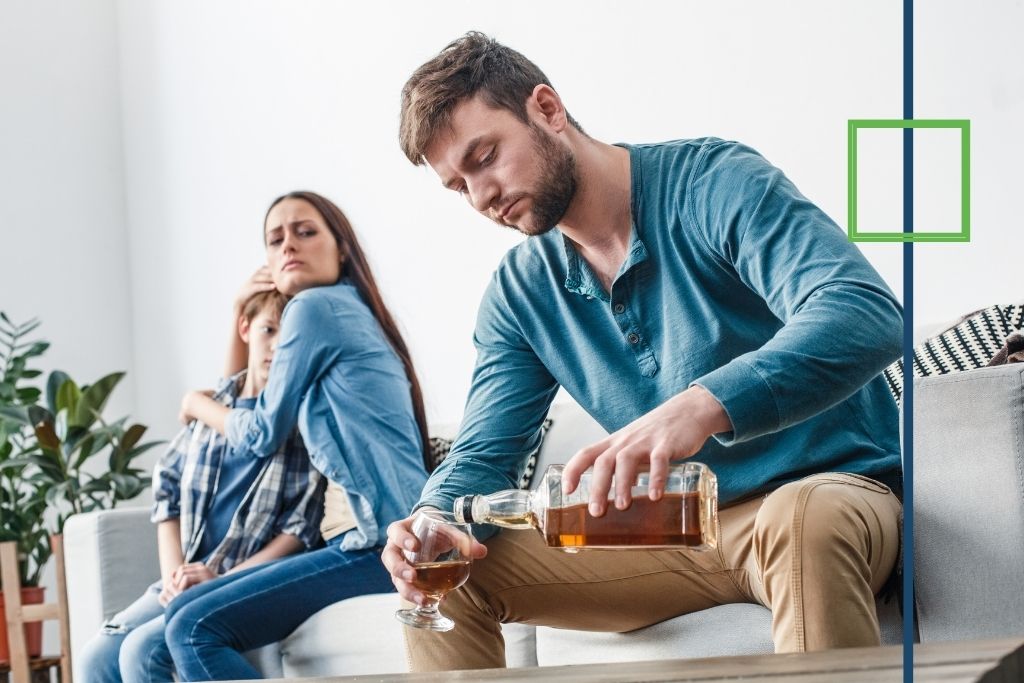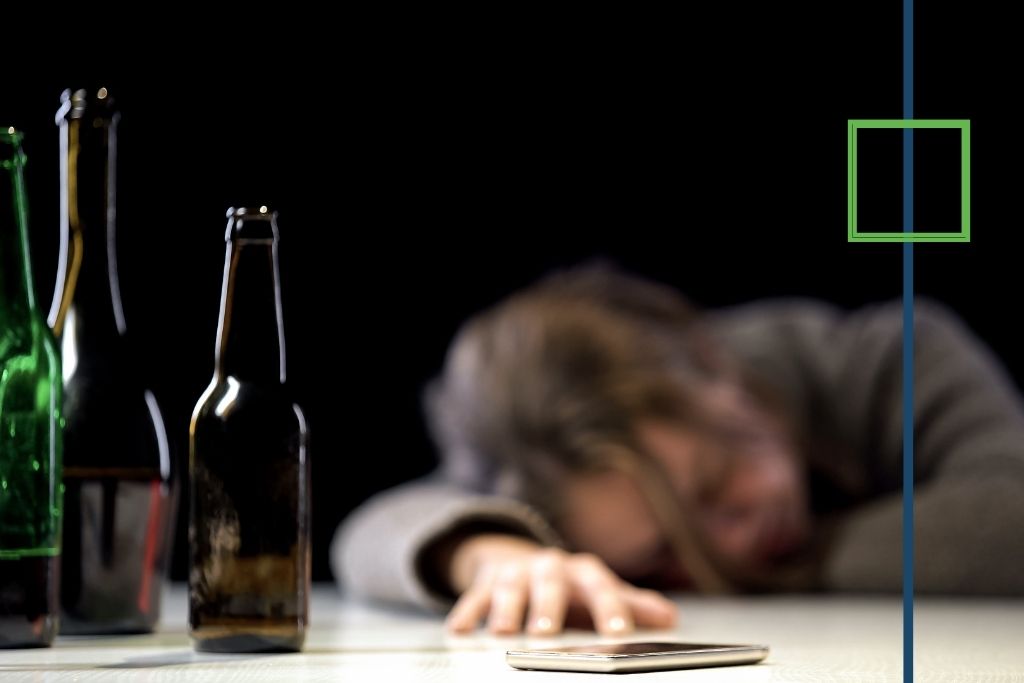Yes, alcohol is an addictive substance that triggers cravings. In fact, figuring how to stop these alcohol cravings is one of the greatest struggles that alcoholics face. When quitting alcohol, having a plan, support, and strategy for managing these cravings are going to be critical for relapse prevention.
What Are Cravings?
Have you ever had such a strong desire to eat something that you can clearly envision the food as if it is in front of you? The desire is so clear that you can almost taste it. That is a craving. Alcohol cravings are a desire so strong that you cannot get it out of your head. It may feel like you need a drink and that you cannot move on until you get it.
On a scientific level, a craving is a neurological reaction that triggers thoughts and even physical reactions. Alcohol cravings are caused by a stimulant in the brain and can be brought on by conditioning (events, people, and thought that trigger a physiological response). Check out this scene from The Office which provides a great example of Pavlovian conditioning.
So, when you have a bad day and end it with a drink, or you feel stress and pour a drink, you are conditioning your brain to believe that this is what you do in these instances. Eventually, when you experience stress, your brain actually triggers the desire for a drink and the craving manifests in the physical act of seeking out an alcoholic beverage.
Additionally, someone who has been drinking heavily on a daily basis may experience mild withdrawal symptoms when they wake up in the morning. They pour a drink and the withdrawal symptoms go away. When going through withdrawal with the intent of stopping drinking, you still know that a drink will make the symptoms go away. You begin to experience intense, acute cravings. This is another example of conditioning.
Managing Alcohol Cravings
You should know how to manage cravings whenever they present, whether acute withdrawal cravings, chronic cravings, or occasional cravings after treatment. Here are a handful of tips for how to stop alcohol cravings:
Know Your Triggers
The only way to avoid or prepare to deal with alcohol addiction triggers is to know what they are. Being aware of possible craving triggers allows these thoughts to come forward from the subconscious to the conscious mind. Once at the forefront of your mind, it is easier to control or overcome these thoughts and feelings. Additionally, once you know what the triggers are, then you can start to develop methods of dealing with them.
Keep Busy
Idle minds open doors for intrusive thoughts. If your brain is focused on a task at hand, then there is no room for thoughts of drinking alcohol. Boredom can actually end up being a trigger that leads to alcohol cravings. For this reason, keeping busy is a key aspect of how to stop alcohol cravings.
Think About the Consequences
A great way to combat alcohol cravings is to think about the consequences if you do drink. Consider making a list of all of the consequences that you have faced because of your drinking and save it on your phone. Anytime a craving occurs, pull out the list and read it to yourself. This will serve as a reminder of why not to drink and as negative reinforcement. You may even notice changes in how you feel about drinking when you remind yourself of why it is bad, ultimately reducing cravings.
Practice Mindfulness and Meditation
Speaking of methods that alter the way your brain processes information, meditation, and other mindfulness practices can be profoundly beneficial in reducing cravings. Although being busy is good, being stressed is not. Taking a few minutes a day for long deep breaths, meditation, and gratitude exercises to keep your mind focused and strong.
Utilize MAT
For those who need it, there are medications that can be utilized to manage alcohol withdrawal symptoms. These medications include naltrexone, benzodiazepines, and ketamine. If you have tried other methods and are still struggling with cravings, there is no shame in getting medical help. It shows strength when you reach out for help in staying sober.
